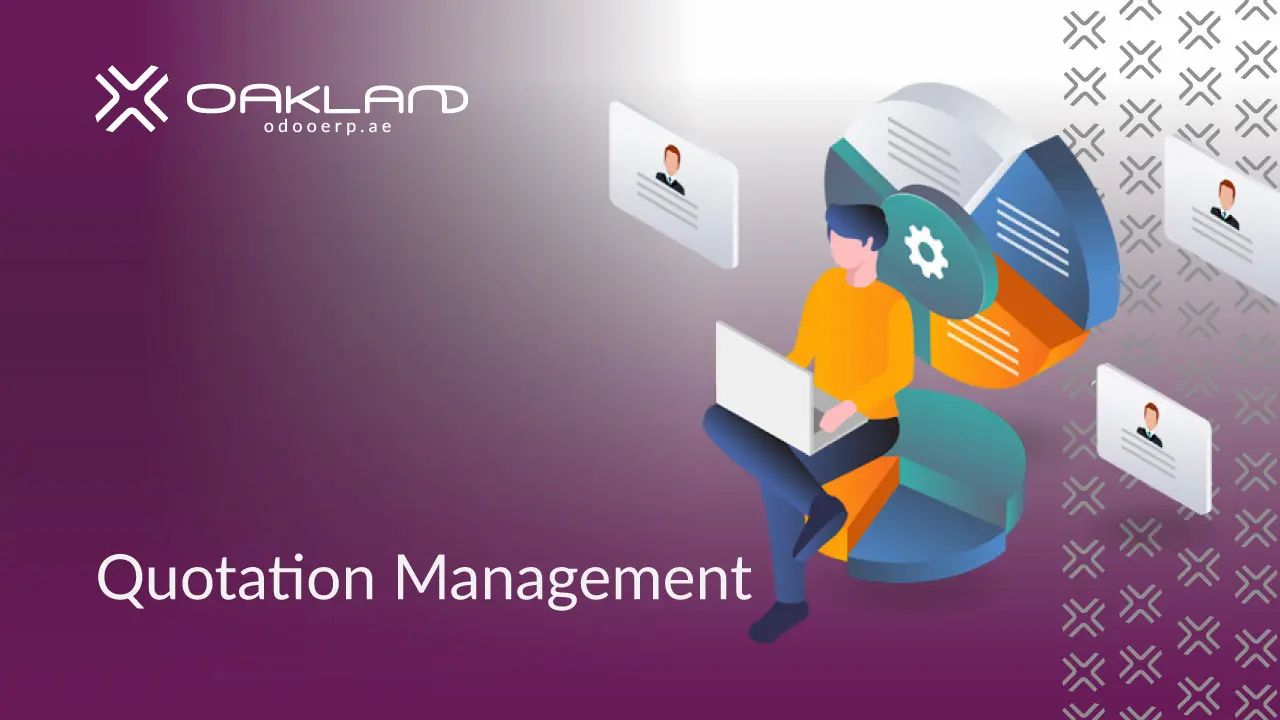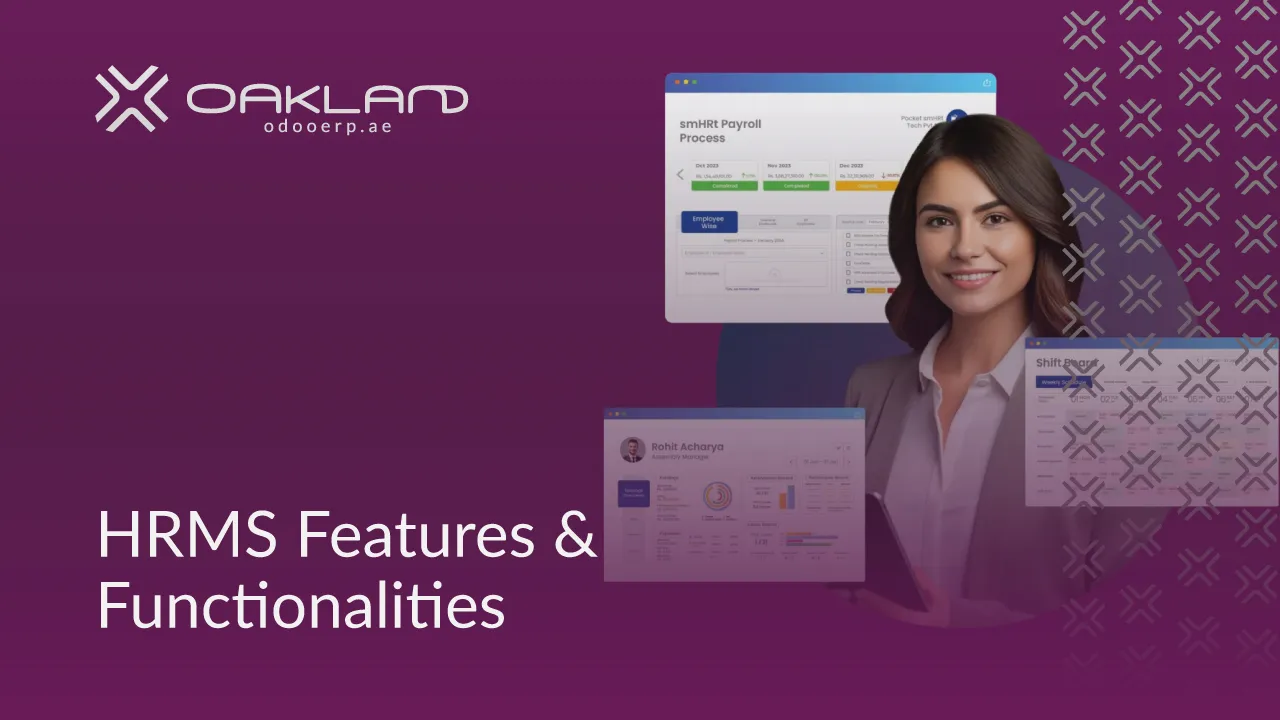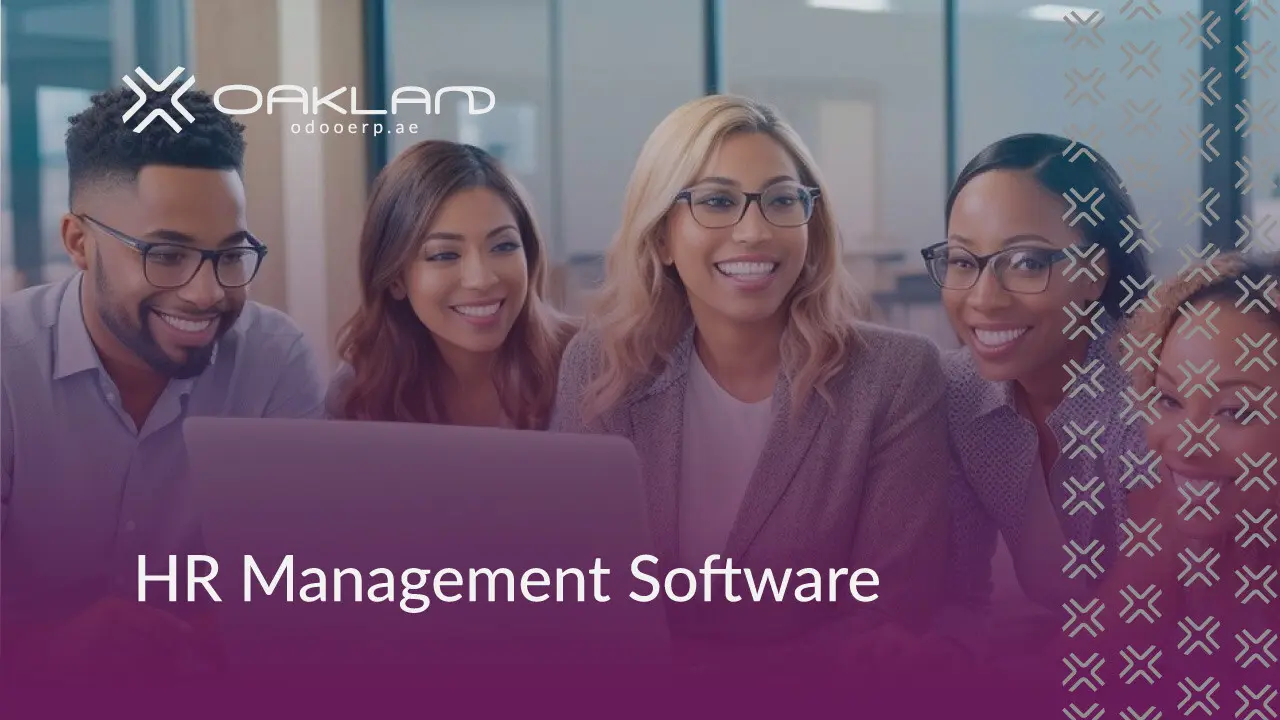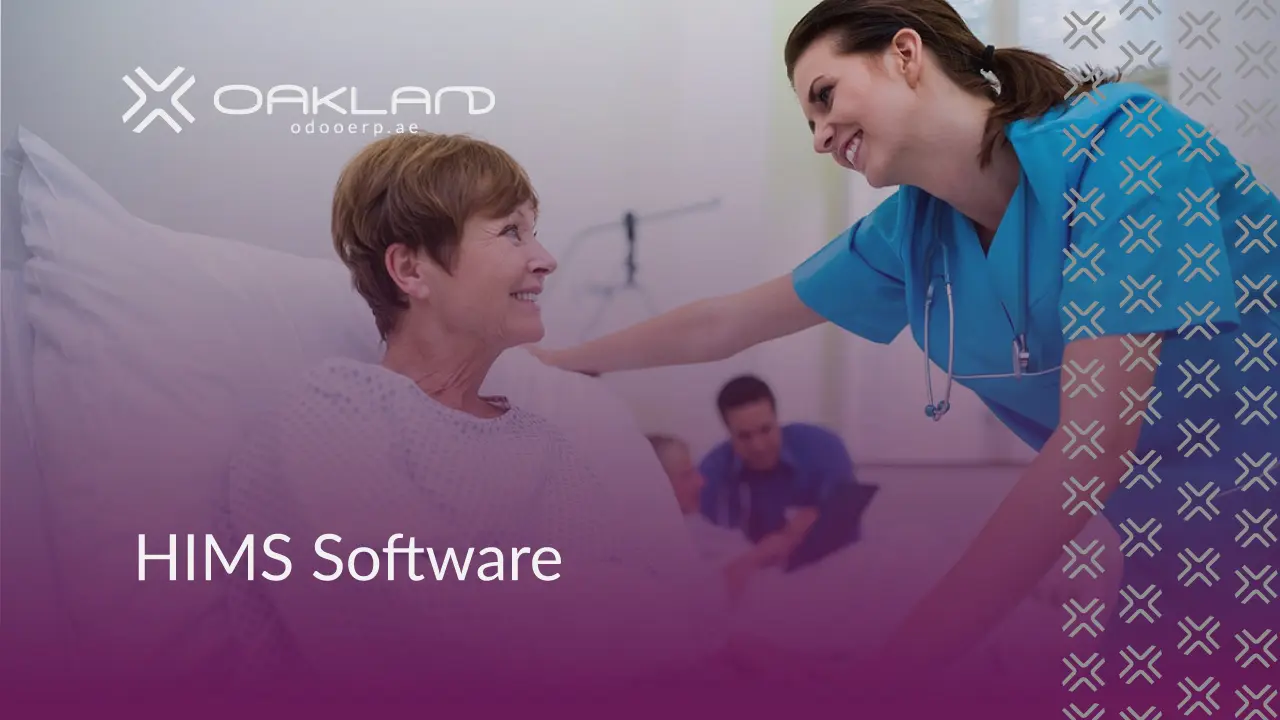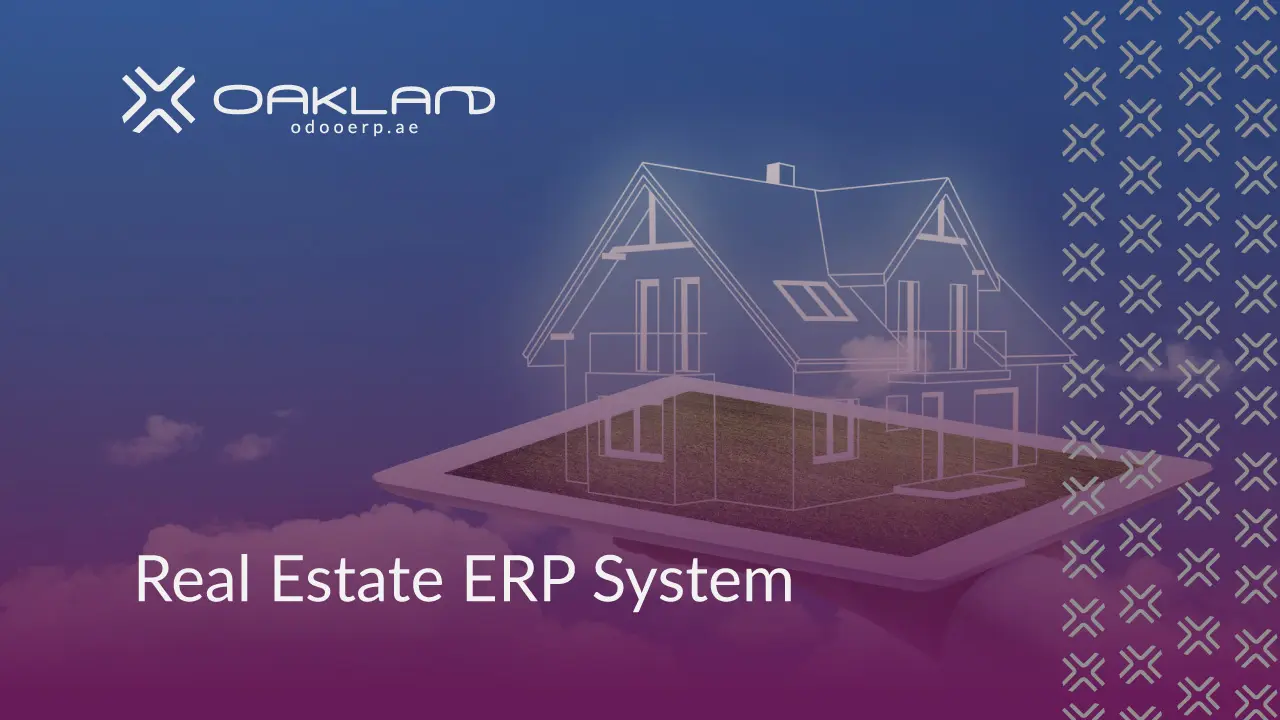What is Quotation Management?
Sales quotes play a crucial role in securing deals, setting clear expectations, and ensuring smooth transactions between businesses and customers. Quotation management refers to the systematic handling of quotes, from their creation to approval and finalization. A well-structured process ensures that quotes are accurate, professional, and aligned with customer requirements.
Without a proper quotaton management strategy, businesses risk delays, pricing inconsistencies, and missed opportunities. Efficient quote management enhances customer satisfaction by delivering timely and precise quotes, improving the chances of closing deals. It also streamlines internal processes, reducing errors and unnecessary back-and-forth communication.
The Basics of Quote Management
Quote management is more than just generating a pricing document—it involves an entire workflow to ensure accuracy and efficiency. Below are the key components of an effective quote management process:
- Configuring Quote Templates– Standardized templates ensure that every quote includes essential details such as product descriptions, pricing structures, and terms and conditions.
- Generating Accurate Quotes– Customizing quotations based on customer needs while maintaining pricing accuracy and proper configurations.
- Streamlining Approvals– A well-defined internal approval process ensures consistency and prevents delays in getting quotations approved.
- Sending and Tracking Quotes– Electronic delivery and tracking allow businesses to monitor customer interactions, such as when a quote is opened or reviewed.
- Negotiation and Revisions– Quick adjustments based on customer feedback ensure that quotations remain competitive and aligned with client expectations.
- Converting Quotes to Sales Orders– A smooth transition from approved quotations to finalized sales orders eliminates unnecessary manual work.
- Quote Analysis and Reporting– Analyzing quote data helps businesses refine their pricing strategies and improve conversion rates.
Importance of Quote Accuracy and Speed
In sales, speed and precision can be the difference between winning and losing a deal. Customers expect quick responses, and a slow or inaccurate quote can push them toward competitors.
Quote accuracy ensures that all pricing details, discounts, and terms are correct, minimizing disputes and improving trust. Speed, on the other hand, gives businesses a competitive edge, allowing them to close deals faster.
- Reduces Pricing Errors– Accurate quotes prevent discrepancies that could lead to financial losses or customer dissatisfaction.
- Improves Customer Confidence– A well-prepared quote reflects professionalism and reliability, making customers more likely to proceed with a purchase.
- Enhances Sales Efficiency– Quick turnaround times increase the chances of conversion and keep the sales pipeline moving smoothly.
- Minimizes Back-and-Forth Revisions– Precision in the first quote reduces unnecessary delays caused by adjustments and renegotiations.
- Boosts Business Reputation– Companies known for prompt and accurate quotes gain a reputation for efficiency and reliability.
A strong quotation management process not only improves internal workflow but also enhances customer satisfaction. Delivering quotes that are both accurate and timely, increase businesses chances of closing deals and maintaining strong client relationships.
What is a Quotation Management System?
A quotation management system is a digital tool designed to simplify and automate the process of generating, sending, tracking, and managing sales quotes.
It eliminates manual inefficiencies and ensures that all quotes are professionally formatted, accurate, and delivered on time. Integrating pricing rules, templates, and approval workflows with the software enables businesses to streamline their sales operations.
Companies that rely on a structured system can track quote status in real-time, make quick adjustments when needed, and seamlessly convert approved quotes into sales orders. This ensures a smooth and efficient sales cycle while improving overall customer experience.
Benefits of a Quote Management Software
A quote management system enhances efficiency, accuracy, and collaboration throughout the sales process. By automating key tasks and centralizing data, businesses can streamline their quotation workflow and improve customer interactions.
- Faster Quotation Generation– Automates quote creation with templates, reducing manual work and improving response time.
- Improved Accuracy– Ensures pricing, discounts, and tax calculations are consistent and error-free.
- Better Approval Workflows– Reduces delays by enabling multi-level approvals and automated routing.
- Enhanced Customer Experience– Provides professional, detailed quotes with clear terms and pricing.
- Real-Time Tracking– Monitors quote status, customer engagement, and follow-ups in a single platform.
- Seamless Sales Process– Converts approved quotes into sales orders, minimizing delays and missed opportunities.
- Data-Driven Insights– Analyzes quote performance, win/loss trends, and pricing effectiveness for continuous improvement.
Quotation Management Software Features
Features are what sets Quotation Management software from each other. Robust quote management software should have tools to simplify sales operations and enhance collaboration.
Analytics are also vital as having comprehensive accurate fast and simple analytics enhances decision making.
Features can vary depending on what service you need or what quote management tools are required. In general, it is like this:
Quotation Creation and Customization
- Generate professional quotes with standardized templates.
- Convert customer inquiries and leads into quotations.
- Configure products, pricing structures, and contractual terms.
Pricing and Discounts
- Apply flexible price lists based on customer type, quantity, or seasonal discounts.
- Automate tax calculations and apply fixed or percentage-based discounts.
Automated Workflows
- Auto-send quotes upon creation and set expiration reminders.
- Convert approved quotations into sales orders without manual intervention.
- Enable multi-level approval workflows for pricing or special terms.
CRM and Customer Interaction Tracking
- Link quotations to customer interactions such as emails, calls, and meetings.
- Use lead scoring to prioritize high-value quotes.
- Track reasons for lost or rejected quotes.
Online Quotation Portal
- Allow customers to access, approve, or decline quotations via a self-service portal.
- Enable digital signatures for quicker approvals and contract validation.
Vendor Quotations and Procurement
- Generate requests for quotations (RFQs) to compare vendor pricing.
- Select the best supplier offers based on quote analysis.
Reporting and Analytics
- Track conversion rates and measure the effectiveness of pricing strategies.
- Generate sales forecasts based on historical quote data.
- Monitor sales team performance and response times.
Invoicing and Payments
- Convert accepted quotes into invoices instantly.
- Manage deposits, partial payments, and milestone-based invoicing.
Document Management
- Attach files such as contracts, specifications, or legal documents to quotes.
- Maintain version control for revised or updated quotations.
Mobile Access
- Create, edit, and track quotations from mobile devices.
- Receive real-time status updates on quote approvals or rejections.
A well-designed quote management software simplifies operations, reduces errors, and accelerates sales cycles, making it an essential tool for any business focused on efficiency and growth.
What Is Quotation Management in CRM?
Quotation management in CRM (Customer Relationship Management) refers to the process of generating, tracking, and managing sales quotes within a centralized system.
It enables businesses to streamline their sales pipeline, ensuring that quotes are accurate, timely, and properly documented.
By integrating quotation management with CRM, sales teams can access customer history, pricing details, and past interactions, allowing them to create personalized quotation that align with client needs.
A well-organized system ensures that quotes are followed up efficiently, reducing the chances of lost opportunities.
CRM-based quotation management also enhances team collaboration by providing real-time visibility into the sales process. Automated reminders, approval workflows, and reporting tools help sales teams stay on track, improve response times, and increase conversion rates.
How Do You Keep Track of Sales Quotes?
Tracking sales quotation effectively is essential to maintaining a smooth sales process and improving conversion rates. A structured approach ensures that no opportunity is overlooked.
Step 1:Centralize All Quotes in a Single Software
Store all quotes in a centralized platform where sales teams can access, modify, and track them in real time. Using a CRM or dedicated quote management system helps maintain consistency and reduces manual errors.
Step 2: Assign Unique Quote Numbers
Every quote should have a unique identifier to simplify tracking. This allows sales representatives to retrieve and update quotes efficiently while preventing duplicate entries.
Step 3: Monitor Quote Status
Categorize quotation based on their progress—such as pending, sent, viewed, approved, or expired. Keeping track of status updates helps prioritize follow-ups and identify potential roadblocks in the sales cycle.
Step 4: Automate Follow-Ups
Set automated reminders to follow up with prospects who haven’t responded. Timely follow-ups increase the likelihood of closing deals and demonstrate professionalism.
Step 5: Track Customer Interactions
Link quotation to customer interactions, such as emails, calls, and meetings, to provide context for future negotiations. A CRM system can help store this information for better customer relationship management.
Step 6: Analyze Quote Performance
Regularly review quote conversion rates, response times, and pricing trends to refine the sales strategy. Analyzing data helps improve future quotations and optimize pricing models.
Step 7: Ensure Approval and Compliance
Implement an approval process for high-value quotes or complex pricing structures. Ensuring compliance with internal policies prevents pricing inconsistencies and enhances accuracy.
Step 8: Convert Quotes into Sales Orders
Streamline the process of converting approved quotes into confirmed sales orders. Reducing manual steps speeds up the sales cycle and ensures a seamless transition from proposal to purchase.
Need Help Improve Quotation Management?
Do you have issue with your quotation management? Want new system with smarter tools and improved analytics? Here’s what Oakland offers:
- Fully customized Odoo Software: With integrations and tweaks to match your needs
- Training Sessions
- Fast maintenance
- Competitive pricing
If you’re looking to optimize your quote management process, consider exploring Odoo ERP solutions at Oakland Odooerp.ae. From automated quote generation to real-time tracking, Odoo ERP empowers you to take control of your sales process. Visit odooerp.ae to learn more about how ERP can transform your business. Looking for a free consultation FiLL The Form.
